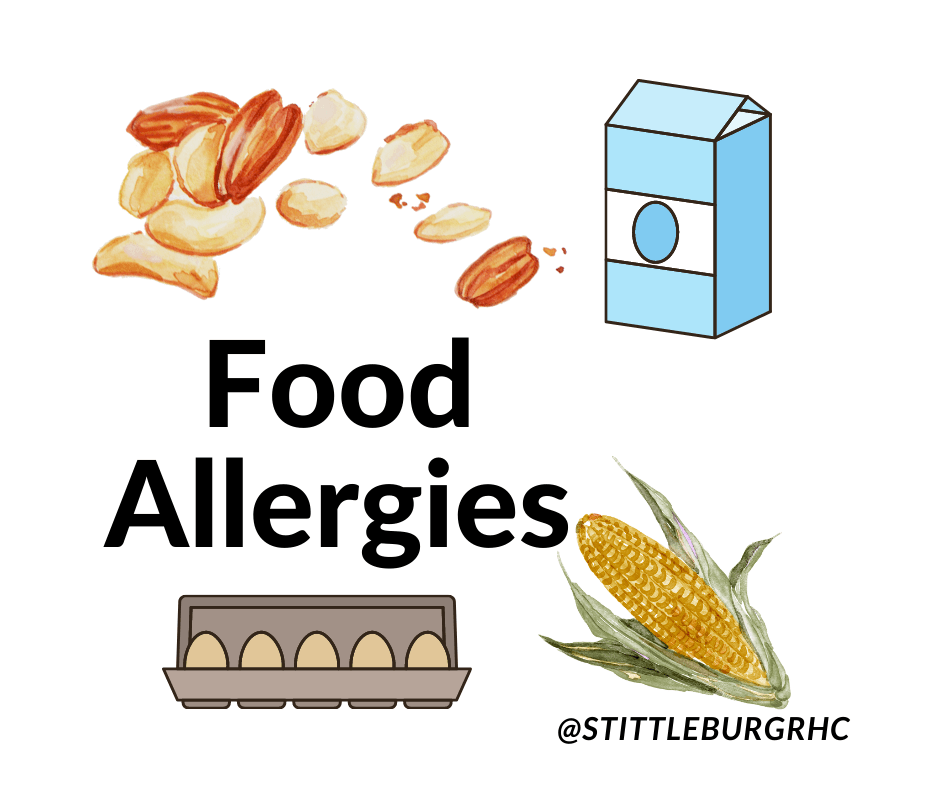Let's talk supplements
Let's talk supplements
Let’s Talk (Cheap) Supplements!
With so many people experiencing nutritional and mineral deficiencies, feeling stressed out and tired, the supplemental industry has taken off. I read a study the other day stating that 50% of Americans take a multivitamin and one in five adults take an herbal supplement. Money doesn’t grow on trees, everyone loves to save money, I get it. But what are you truly putting into your body when taking cheap, uncertified supplements, not purchased from your Health Care Professional? The answer, no one truly knows! Supplements that aren’t certified are full of nasty fillers and synthetic ingredients, with little to no active ingredients.
I have 3 ugly truth bombshells about cheap supplements to drop!
Ugly Truth #1 - Most supplements you find on grocery store and drugstore shelves, haven’t been tested for safety or efficacy by the FDA before marketing! Read that again, that’s scary. There is a law called the Dietary Supplement Health and Education Act (DSHEA) that defines how dietary supplements are regulated. The law states that it is the responsibility of each manufacturer to show that a product is safe and effective before marketing that product. The FDA has no authority to do its own safety review before a product is made available to the public. Some companies do their own testing of raw materials and final products, but some do not. Product analyses are completely voluntary. High-quality companies will pay for third-party testing to confirm the presence of ingredients, the potency of ingredients, and the absence of contaminants. Common contaminants that are tested for include heavy metals, solvents, pesticides, and microbes.
Ugly Truth #2
-
The FDA does not certify supplement-manufacturing facilities. Sure, the FDA requires that companies follow current Good Manufacturing Practices (cGMPs), but there’s no certification for this. cGMPs require that the manufacturing facility be clean, climate-controlled, and run with good quality-control procedures.
cGMPs have to do with how products are made—they have nothing to do with what is actually in the final product.
Ugly Truth #3 - The FDA does not standardize dosages or forms of ingredients in dietary supplements. Magnesium is mineral that nearly 50% of Americans are deficient in. Off the top of my head I can think of 5 different forms of magnesium: magnesium chloride, magnesium sulfate, magnesium citrate, magnesium oxide and magnesium glycinate. What form and/or dosage is sold on the shelves? I have no idea. One form is fantastic for muscles, one is great for digestion, and one will give you diarrhea- just for starters. Do you take an iron supplement? Iron sulfate causes the common side effect of constipation, whereas iron citrate formulated with vitamin C is most readily digested and absorbed. The form of the ingredient, the dosage of the ingredient, and the formulation of the entire product all influence whether or not a dietary supplement will be effective. This is information you should trust your Health Care Provider with.
Take it from me, I am a bargain shopper. I love garage sales, I love thrift stores. I love things that are free, that I will probably never use- but you never know! Something you just can’t skimp on, is what goes into your body.
You are doing more harm than good with taking supplements from the grocery store and drugstore! With the Emerson Quality Program℠ we can assure you of your product. At Stittleburg Restorative Health Care we utilize Emerson's Gold Partner Brands. This means that they test every lot of every ingredient in the products they manufacture, far exceeding FDA requirements. Ensuring the highest level of quality has been in Emerson’s DNA since day one.
Please contact us today for a supplemental consultation! You can place your order online and it’s shipped right to your door. Now, that’s pretty neat!
Let's get back to health,
Dr. Taryn
Take your free health assessment here
Referenced:
1. Nutrition Business Journal. Practitioner Channel Deep Dive. 2017
Content referenced from Emerson Wellevate site https://edu.wellevate.me/three-minute-difference/a-conversation-on-quality-3-things-new-patients-need-to-know/












Share On: